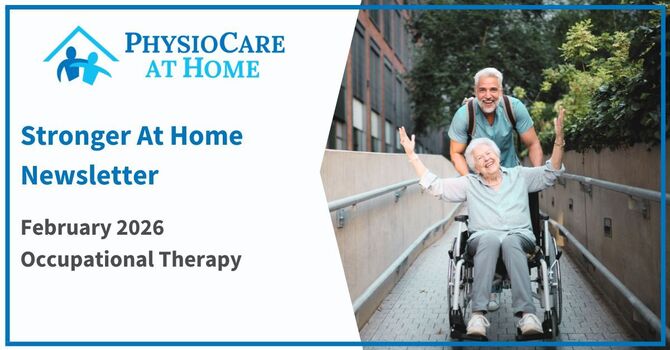Hello readers! I am so thrilled this week to share with you my interview with a passionate and engaged member of the Parkinson’s disease research and therapy community in Victoria, British Columbia.
Kaitlyn (Kate) Roland has been involved with the Parkinson’s community in some way shape or form since her grandfather was diagnosed with the disease, and has completed a Masters Degree, a PhD, and is currently doing Post-doctoral work at the University of Victoria in the area of Parkinson’s disease and care needs to improve quality of life .
Kate is also a yoga instructor and founder of Yogadopa, Parkinson’s-focused yoga classes. I met with her to discuss her research, and specifically how she had integrated her impressive level of Parkinson’s education and research with the practice of yoga in the Victoria community.
Can you tell me more about your experience working with people with Parkinson’s Disease?
When I was doing my undergraduate degree I started volunteering with the local Parkinson’s society. I started small: stamping envelopes and selling tulips. But over the course of my undergraduate degree I continued volunteering, eventually progressing to doing a summer research program for them.
That program ended up turning into a Master’s project looking at the idea of caregiver burden. I continued to my PhD to focus on understanding how people with Parkinson’s move throughout the course of each day. I monitored muscle activity and physical activity over an 8-hour day using portable devices to understand how their muscles working compared to other adults of the same age. My research told me that there is something happening in the signals transmitted from the brain to the muscles and that the muscles of someone with Parkinson’s may have to work harder than someone who is otherwise the same age and fitness, for example with climbing the stairs.
My current research at the Centre on Aging, UVic is looking at the cognitive changes that happen with Parkinson’s during daily life and how they are different from other types of dementia. Right now there aren’t enough resources available for people with dementia related to Parkinson’s, and doctors always don’t know where to send people. I have spent the last few years trying to tease out the differences between Alzheimer’s and Parkinson’s in terms of cognitive changes.
On the yoga side, I have been running Yogadopa classes in the community for people with Parkinson’s. In addition, I do some work with the National Parkinson’s Foundation (Miami, FL) and their twice yearly retreat at the Kripalu Centre for Yoga and Health in Massachusetts. These week-long retreats bring together over 60 people with Parkinson’s and their care partners to learn about yoga, meditation, communication/relationships, exercise, medication, nutrition and general management strategies. It is really powerful to see the participants at the end of the week, not only understanding their body a little bit better, but also how to breathe a bit deeper, and have more awareness around their thoughts and actions. The retreats also are important in helping people with Parkinson’s to find their peers – it is amazing to see the power of connecting with others in community.
Once I finish my Post-Doctoral fellowship, I hope to combine my research experience and passion for yoga in Parkinson’s disease into my own independent research program.
Check back Friday for Part 2 my 3-part interview with Kate, when we will discuss the specific benefits of yoga for people with Parkinson’s disease.


.jpg)
